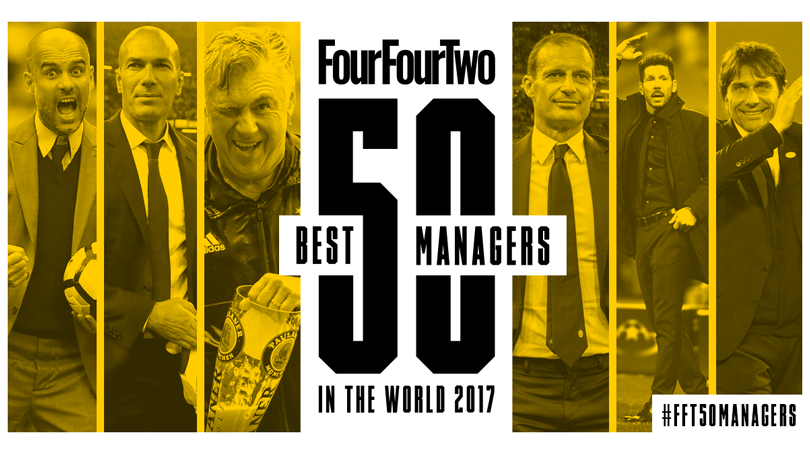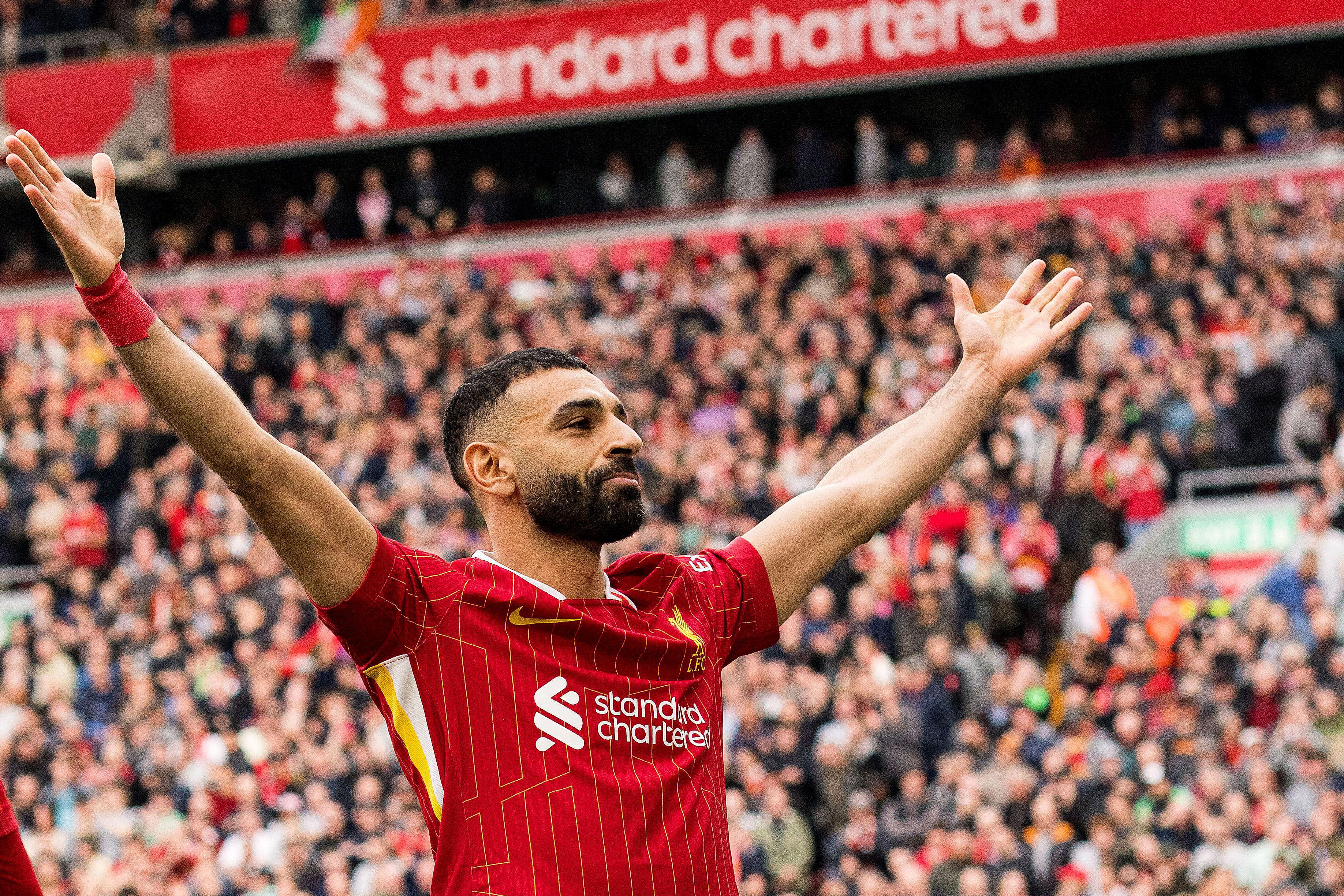Ranked! The 10 best managers in the Football League
As FFT celebrates the best managers in the game for 2017, Mike Holden ranks the top 10 gaffers across the Championship, League One and League Two
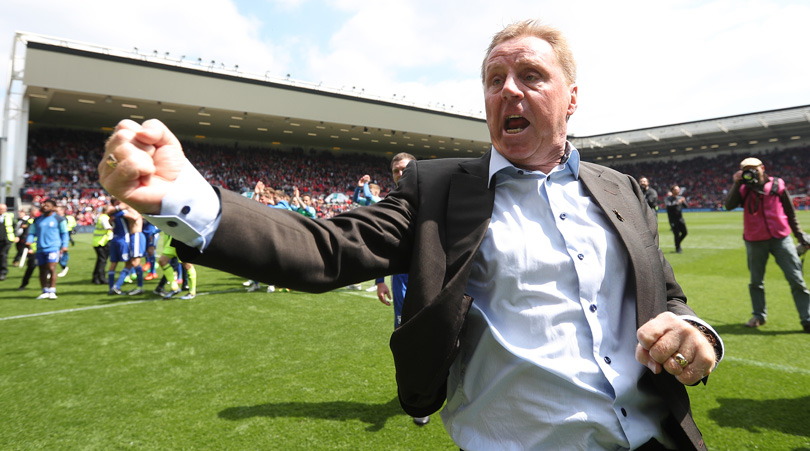
10. Jaap Stam (Reading)
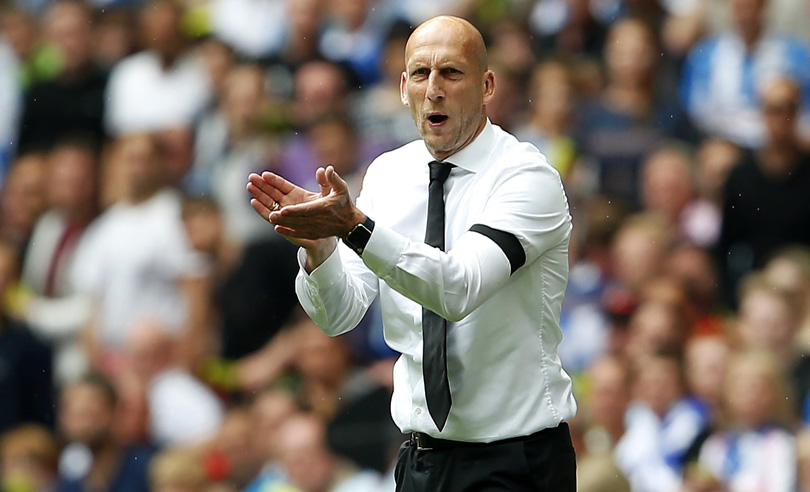
Reading didn’t win too many admirers for their slow-tempo, possession-based approach last term, and there were no shortage of doubters queueing up to discredit their third-place finish on the grounds of expected achievements.
The Royals actually had the third-worst shot ratio in the division, while 40% of their 68 goals came from set-pieces. Yet Stam’s ability to frustrate more talented opponents and land on the right side of fine margins was ably demonstrated in the two-legged play-off semi-final win over Fulham. Only time will tell if it’s a sustainable strategy, but the Dutchman merits a place in the top 10 on the evidence to hand.
9. Uwe Rosler (Fleetwood)
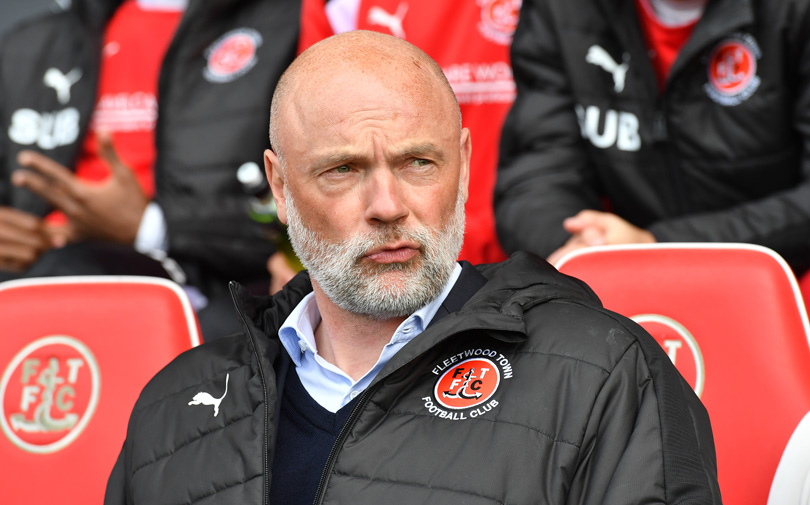
An 18-match unbeaten run propelled unfancied Fleetwood into the League One promotion reckoning last season, despite the fact Rosler wasn’t appointed until a week before the campaign began. In the end, their automatic hopes were dashed on the final day, leaving the emotional well dry in the play-off semi-finals against Bradford, but the German displayed incredible tenacity to keep such a young team in the hunt for so long.
A reputation left bruised by difficult spells in charge at Wigan and Leeds is now back in credit. When a dressing room is receptive, he clearly has the talent to achieve great things.
8. Keith Hill (Rochdale)
Get FourFourTwo Newsletter
The best features, fun and footballing quizzes, straight to your inbox every week.
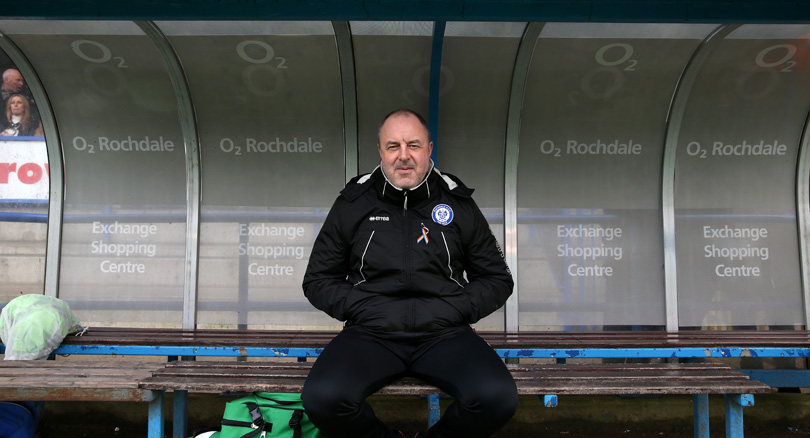
On the back of a second successive season spent almost exclusively in the top half of League One, it’s easy to forget that Rochdale had never accomplished the feat in 40 years before Hill’s arrival.
The Lancashire minnows have never quite managed to sustain a genuine promotion push as yet, succumbing to the metaphorical nosebleed whenever they do break into the top six, but the foundations are rock solid. A new five-year contract for Hill comes with expectation more than hope that Championship football will come to Spotland at some point in the duration.
7. Darrell Clarke (Bristol Rovers)
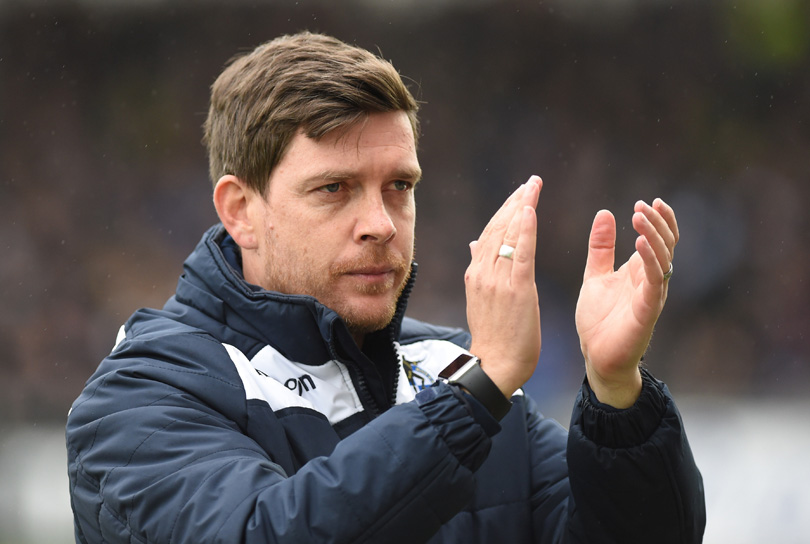
The shock sale of star striker Matty Taylor to arch-rivals Bristol City in January would have derailed most teams in their first season at a new level, but it served only to bring out the best in Clarke. The Rovers boss was defiant in the aftermath, preaching collective responsibility as the focus shifted on to the defence and results improved as important goals began to arrive from midfield.
It wasn’t quite enough to land a play-off berth in the end, but a third promotion in four years will be a realistic target if the Gasheads can lay their hands on another 20-goal marksman.
6. Chris Wilder (Sheffield United)
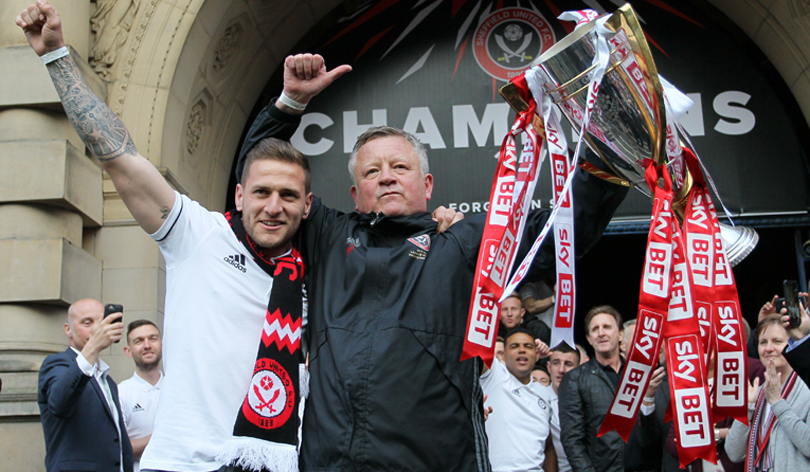
The Sheffield United boss is living proof that there's still a place in the English game for old-school impact management. Last August, following a defeat at Millwall, Wilder stopped the team coach at an off licence and treated his players to a few beers for the journey home - a gesture even more unusual for the fact they were bottom of the league at the time.
The Blades finished the season as runaway champions, of course, meaning Wilder has now accumulated 199 points over the past two campaigns, emphatically shedding the 'nearly man' and ‘choker’ tags he was branded with during his Oxford days.
5. Steve Bruce (Aston Villa)
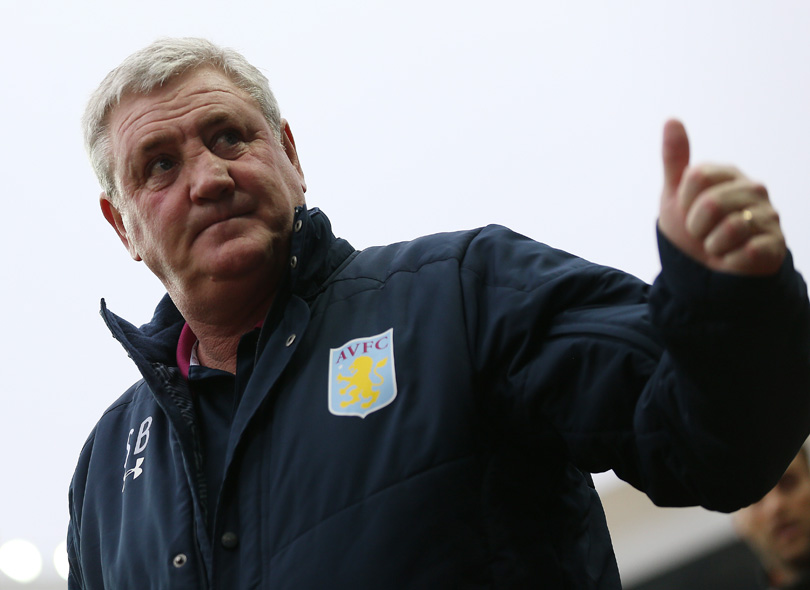
A record-breaking four promotions from the Championship stand Bruce in good stead for the biggest job of his managerial career to date, although it should be pointed out that two of those triumphs arrived on the back of his own relegations when he was granted forgiveness and the luxury of time to rebuild.
The first nine months at Villa Park have been precisely that: a rebuilding job. Last season was a battle against a losing culture more than anything, but it also included some canny recruitment in January and there’s ample reason to believe the tide will turn next term.
4. Harry Redknapp (Birmingham)
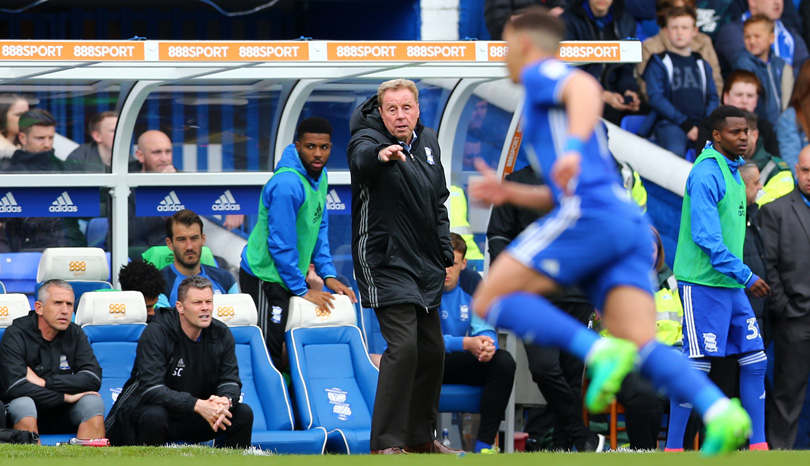
He might be a dying breed in the age of marginal gains and tactical philosophy, but there's still a high premium for a manager like Redknapp; someone with all the necessary contacts and people skills to instantly turn an unfashionable club into genuine promotion contenders - so long as you have the dough.
The job he's being asked to do at Birmingham is similar to what he achieved with Portsmouth over a decade ago, and slightly more appealing than the cultural mess he inherited at QPR, which also resulted in promotion via the play-offs. A top-six finish is the least we should expect from the Blues this term.
3. Gary Rowett (Derby)
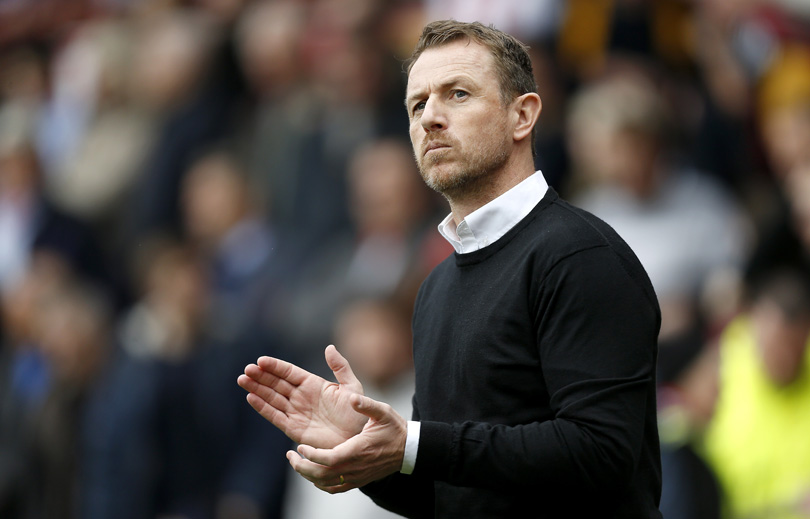
Arguably the most respected opposition manager in the EFL, the majority of neutral observers were left aghast when Birmingham’s new owners, Trillion Trophy Asia, decided to axe Rowett last December following two years of undisputed overachievement.
The 43-year-old has yet to taste promotion in five years as a manager - indeed, he describes his career to date as only "semi-successful" - but he laid the foundations for Burton to climb two divisions in successive seasons. On top of that, no amount of money invested at St Andrew’s since his departure can airbrush the restrictions under which he was operating before the takeover.
2. Garry Monk (Middlesbrough)
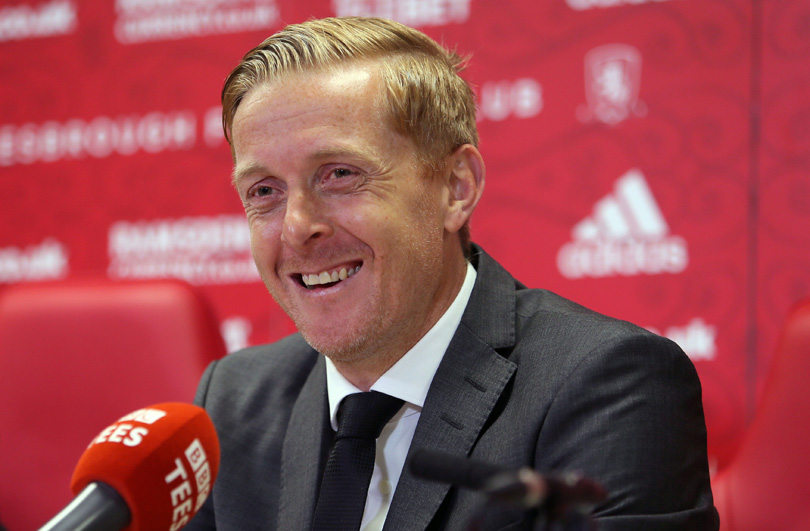
The bar was set extremely high in the race for the Championship play-offs last season, and though Leeds ultimately came up short, it was nonetheless a remarkable achievement to amass 75 points with a club that carries such a heavy weight of expectation on bottom-half resources.
Now at Middlesbrough, Monk starts from a stronger base and can bank on greater support in the transfer market. His ability to break a team down by its component parts, make each more effective, and then put it back together should ensure that Boro waste no time dwelling on the disappointment of relegation.
1. Slavisa Jokanovic (Fulham)
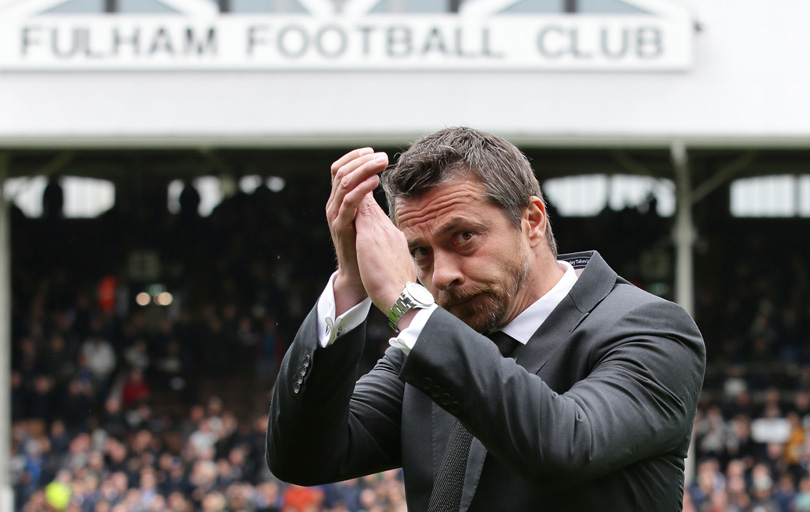
Fulham are most people’s idea of the best team in the Championship since the turn of 2017, executing a scintillating brand of possession football that belongs at the highest level. It's a complete shift from the more functional approach that Jokanovic deployed to take Watford up in 2015, but it only serves to demonstrate his adaptability.
The Serbian is an old romantic at heart, professing an undying love for Brian Clough and traditional English football stadia, and the Cottagers will take some stopping if they carry on this season where they left off last.
Now read...
